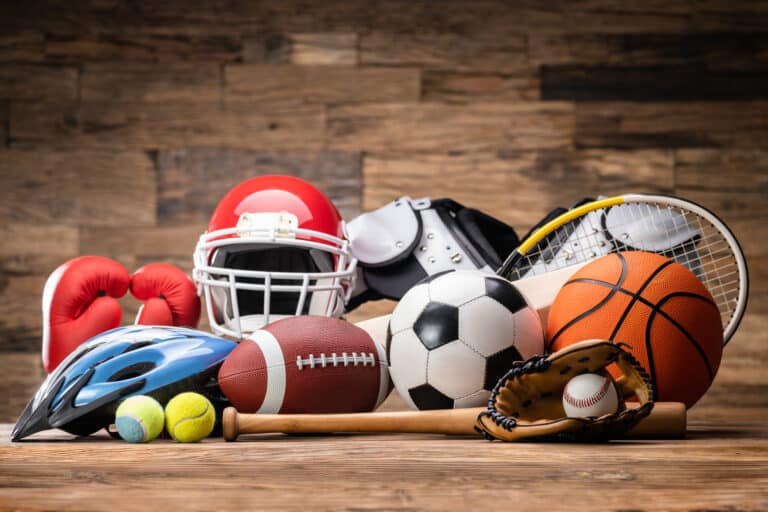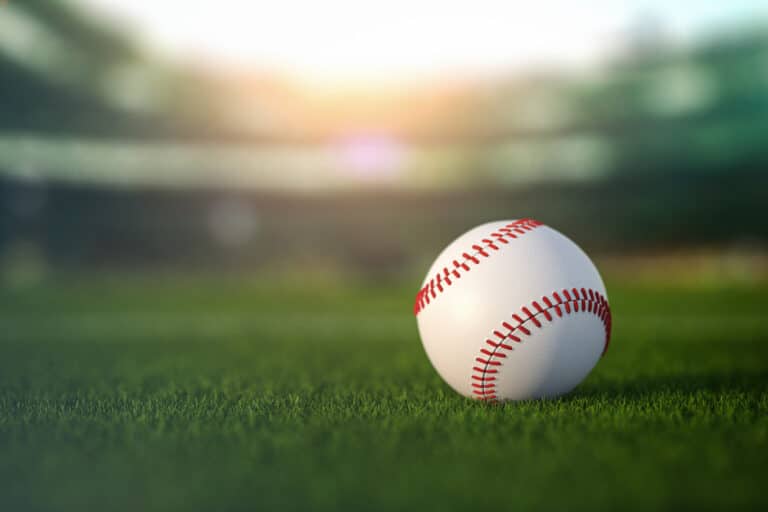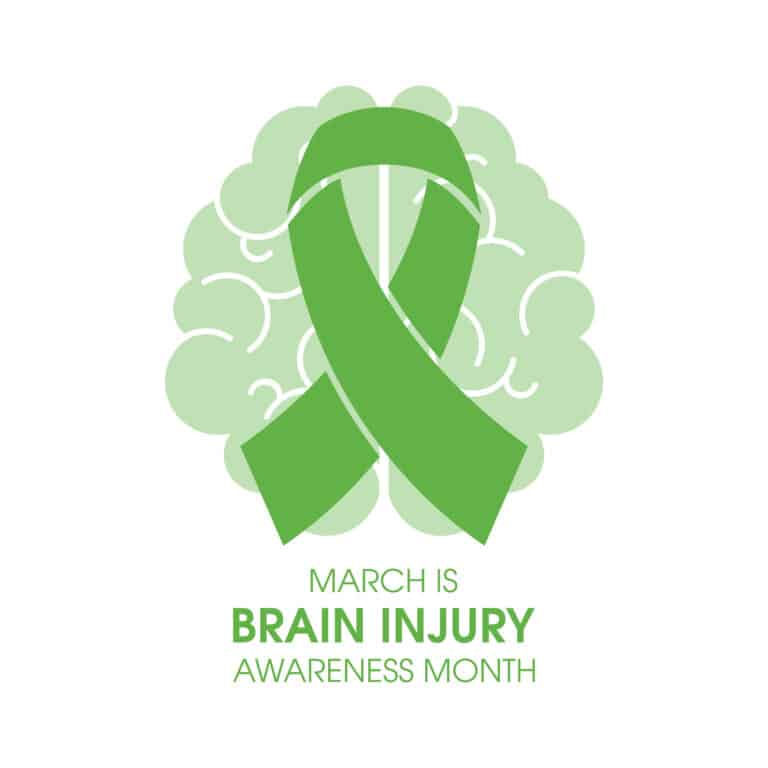Football Concussion Risks
On Sept. 29, 2022, Miami Dolphins quarterback Tua Tagovailoa made news when he was knocked unconscious during a game with the Cincinnati Bengals. This occurred just days after he received another hard hit to the head during a game with the Buffalo Bills. The double-hit incidents have since sparked some controversy. Critics question why Tua was allowed to return to play so quickly after his first hit.
The blowback has also prompted the NFL to review its current concussion protocols to see whether players are being returned to action too quickly. (The decision to let Tua return to play days after the Bills injury occurred because he passed concussion examinations on the field. Officials determined that a back injury caused his fall.)
As November 5 is American Football Day, it’s an appropriate time to look at the continuing issue of concussion risks in football and talk about the current protocols.
A Look at the Problem
According to the CDC, there are an estimated 1.6 to 3.8 million sports-related concussions in the United States each year. Football, in particular, is a high-risk sport for concussions and other traumatic brain injuries. It accounts for one of the top five sports to produce concussions.
But the news gets worse. Studies have shown that football players who have suffered a concussion are three times more likely to get another one. This is largely because they are allowed to return to play before their brains fully heal. When this happens, immediate brain swelling can occur with the second concussion. This puts the player at much higher risk for short-term life-threatening damage and long-term complications. (This is largely what sparked the concern about Tua’s two head impacts occurring within days of each other.)
How Concussions Happen
A concussion is a type of traumatic brain injury (TBI) that occurs when the head experiences a blow or jolt. This can cause the brain to bounce around or twist inside the skull. This can lead to chemical changes in the brain and damage to brain tissues. Concussions can also occur when the head experiences a sudden stop, such as when a football player is tackled.
Concussions can range from mild to severe and can cause various symptoms, including:
- headache
- dizziness
- nausea
- vomiting
- confusion
- memory loss
- slurred speech
- fatigue
In some cases, concussions can also lead to seizures, coma, and even death.
Healing Concussions
While more research needs to be done on concussions and their long-term effects, scientists know that it is important for concussion victims to rest their bodies and brains after sustaining an injury. This means no physical activity and no mental activity—no working, no watching TV, no using social media or playing video games. Just complete rest until all symptoms have resolved.
Return-to-Play Protocols After a Football Concussion
Since concussions have varying degrees of severity and the rate of healing is different for everyone, there’s no set timeline for when it’s safe for a player to return to the field after a concussion. However, the NFL currently has a five-phase concussion protocol for gradually returning an athlete to play. This protocol is reviewed every year, but Tua’s double-hit is prompting a more thorough review.
For young people whose brains are still developing—such as high school and college athletes—it is especially important to take care after sustaining a concussion. Multiple concussions can put them at risk for problems later in life. Here in Colorado, the protocol states that students playing football may not return to play until they are cleared by a qualified healthcare provider. Furthermore, best practices dictate that the school or organization has an athletic trainer manage the student’s gradual return.
Have you or someone you love suffered a sports-related concussion (or worse, a second concussion for being returned to play too soon)? You may be entitled to compensation for any situation in which the sports club or school was negligent. Our experienced personal injury attorneys can work to ensure you recover all the appropriate damages for such injuries. Call our office to schedule a consultation.







